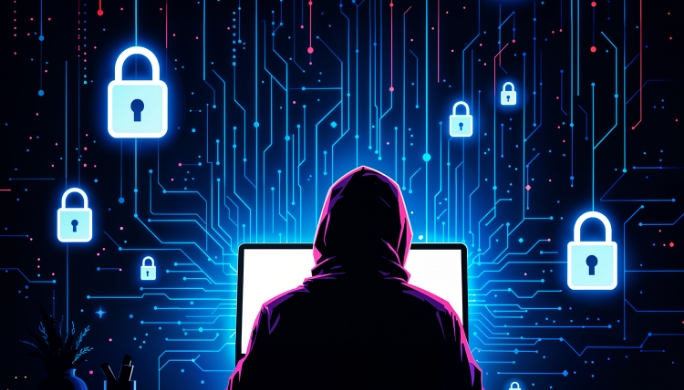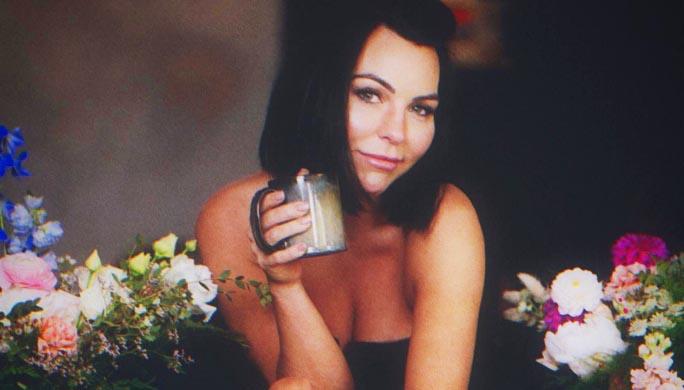Protecting Your Privacy Online: What You Need to Know

In today’s digital age, our lives are more connected than ever. From online shopping and social media to virtual meetings and banking, the internet has become an integral part of our daily routines. However, with this convenience comes a significant risk: your online privacy. Cybercriminals, advertisers and even organisations can exploit your personal data if you’re not careful. Protecting your privacy online is no longer optional - it’s essential. Here’s what you need to know to stay safe in the digital age.
Why Online Privacy Matters
Your personal data is more valuable than you might think. Hackers can use stolen information for identity theft, fraud or even blackmail. On a less sinister note, companies track your online behaviour to create detailed profiles for targeted advertising, often without your explicit consent. Protecting your privacy is about maintaining control over your data and ensuring it’s not used against you.
Top Tips to Safeguard Your Online Privacy
1. Use Strong Passwords and a Password Manager
Weak passwords are a hacker’s dream. Avoid using easily guessable passwords like “123456” or “password.” Instead, create complex, unique passwords for each account. To make this easier, consider using a password manager like LastPass or Dashlane, which generates and stores strong passwords securely.
2. Enable Two-Factor Authentication (2FA)
Two-factor authentication adds an extra layer of security by requiring a second form of verification, such as a code sent to your phone or email. Even if someone gets hold of your password, they won’t be able to access your account without the second factor. Most major platforms, including Google, Facebook, and banking apps, offer 2FA options - enable them wherever possible.

3. Be Careful What You Share Online
Oversharing personal information on social media is a common mistake. Cybercriminals can use details like your birthday, address, or even pet names to answer security questions and gain access to your accounts. Review your privacy settings on platforms like Facebook and Instagram, and limit who can see your posts.
4. Beware of Phishing Scams
Phishing scams involve fraudulent emails, messages or websites designed to trick you into revealing sensitive information. These scams often appear legitimate, imitating trusted brands or services. Always verify the sender’s email address and avoid clicking on suspicious links. When in doubt, go directly to the website instead of using links in messages.
5. Use a Virtual Private Network (VPN)
A VPN encrypts your internet connection, making it harder for hackers or third parties to track your online activities. This is particularly important when using public Wi-Fi networks, which are often unsecured and vulnerable to cyberattacks. VPN services like NordVPN or ExpressVPN are user-friendly and affordable.
6. Regularly Update Your Devices and Software
Keeping your devices, apps and operating systems updated is a simple yet critical step. Software updates often include security patches that fix vulnerabilities. Ignoring updates leaves your devices exposed to potential threats.
7. Block Trackers and Limit Cookies
Websites use cookies and trackers to monitor your browsing habits. While some are necessary for functionality, others are invasive. Use browser extensions like Privacy Badger or uBlock Origin to block trackers and clear your cookies regularly. Many browsers, like Firefox and Brave, also come with built-in privacy tools.
Stay Vigilant in the Digital Age
Protecting your online privacy doesn’t require technical expertise - just a few smart habits and tools. By taking steps to secure your accounts, devices and data, you can reduce the risk of falling victim to cybercrime or unwanted surveillance. In a world where your personal information is currency, safeguarding your privacy is one of the most empowering actions you can take.
The internet is a powerful tool, but it’s up to you to use it wisely. Stay informed, stay cautious and take control of your digital footprint today.
Features












